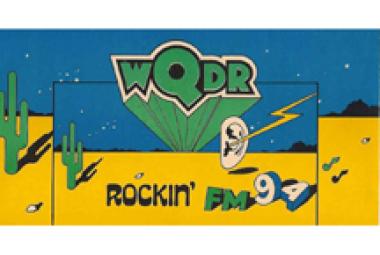“Amazing Grace” is a Christian hymn published in 1779, with words written by the English poet and clergyman John Newton (1725–1807). Folk singer Judy Collins witnessed Fannie Lou Hamer leading civil rights marchers in Mississippi in 1964, singing “Amazing Grace”. Collins chose an a cappella arrangement, accompanied by a chorus of amateur singers who were friends of hers. Collins connected it to the Vietnam War, to which she objected: “I didn’t know what else to do about the war in Vietnam. . . . I thought . . . but sing ‘Amazing Grace’.” It rose to number 15 on the Billboard Hot 100, remaining on the charts for 15 weeks. In the UK, it charted 8 times between 1970 and 1972, peaking at number 5. (More from Wikipedia)
Judy Collins’ lovely rendition of “Amazing Grace” was an unexpected hit song, staying on the charts for 15 weeks and peaking at #15. The interesting history behind her recording is recounted below, as taken from Wikipedia.
“[Judy] Collins decided to record it in the late 1960’s amid an atmosphere of counterculture introspection; she was part of an encounter group that ended a contentious meeting by singing ‘Amazing Grace’ as it was the only song to which all the members knew the words. Her producer was present and suggested she include a version of it on her 1970 album Whales & Nightingales. Collins, who had a history of alcohol abuse, claimed that the song was able to ‘pull her through’ to recovery. It was recorded in St. Paul’s, the chapel at Columbia University, chosen for the acoustics. She chose an a cappella arrangement that was close to Edwin Othello Excell’s, accompanied by a chorus of amateur singers who were friends of hers.
“Collins connected it to the Vietnam War, to which she objected: ‘I didn't know what else to do about the war in Vietnam. I had marched, I had voted, I had gone to jail on political actions and worked for the candidates I believed in. The war was still raging. There was nothing left to do, I thought . . . but sing “Amazing Grace”.’”
* * *
“Amazing Grace” was already one of the best-known Christian hymns; Judy Collins brought the song to a new audience. I remember a slightly different arrangement of the song that I often heard in years past, but every time I hear the song now, it is the tune that Judy sang.
The songwriter is a man who truly needed grace to escape from his earlier life in the slave trade. I can hardly improve on the following two paragraphs that open the Wikipedia article on “Amazing Grace”. I remember a PBS special that ran many years ago that told the remarkable story behind this one song.
“‘Amazing Grace’ is a Christian hymn with words written by the English poet and clergyman John Newton (1725–1807), published in 1779. With the message that forgiveness and redemption are possible regardless of sins committed, and that the soul can be delivered from despair through the mercy of God, ‘Amazing Grace’ is one of the most recognizable songs in the English-speaking world.
“Newton wrote the words from personal experience. He grew up without any particular religious conviction, but his life’s path was formed by a variety of twists and coincidences that were often put into motion by his recalcitrant insubordination. He was pressed (i.e., forced into service involuntarily) into the Royal Navy, and after leaving the service, he became involved in the Atlantic slave trade. In 1748, a violent storm battered his vessel so severely that he called out to God for mercy, a moment that marked his spiritual conversion. However, he continued his slave trading career until 1754 or 1755, when he ended his seafaring altogether and began studying Christian theology.”















